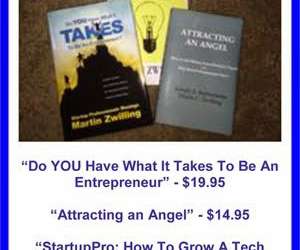Is a Venture Studio Right for You?
Steve Blank
JANUARY 17, 2023
He said that from what he read, the path to building and funding a company seemed to be: 1) come up with an idea, 2) form a team, 3) start testing minimal viable products, 4) raise seed funding, 5) then obtain venture capital. In exchange for attending an accelerator, startups give up 5% to 10% of their company’s equity.







































Let's personalize your content